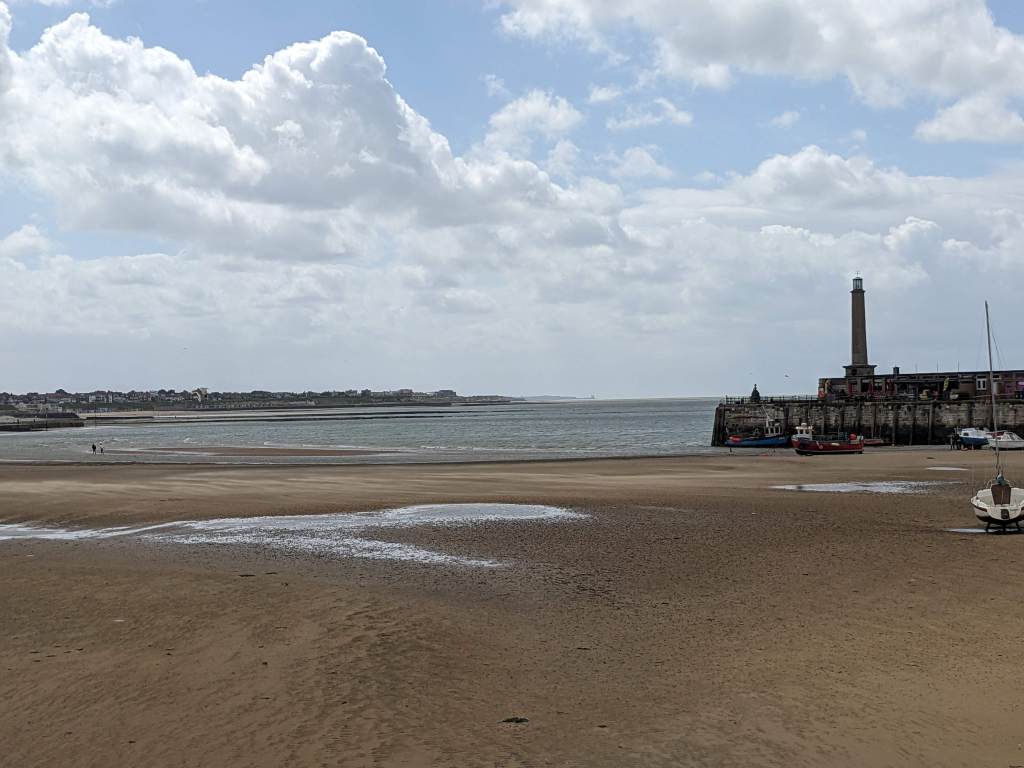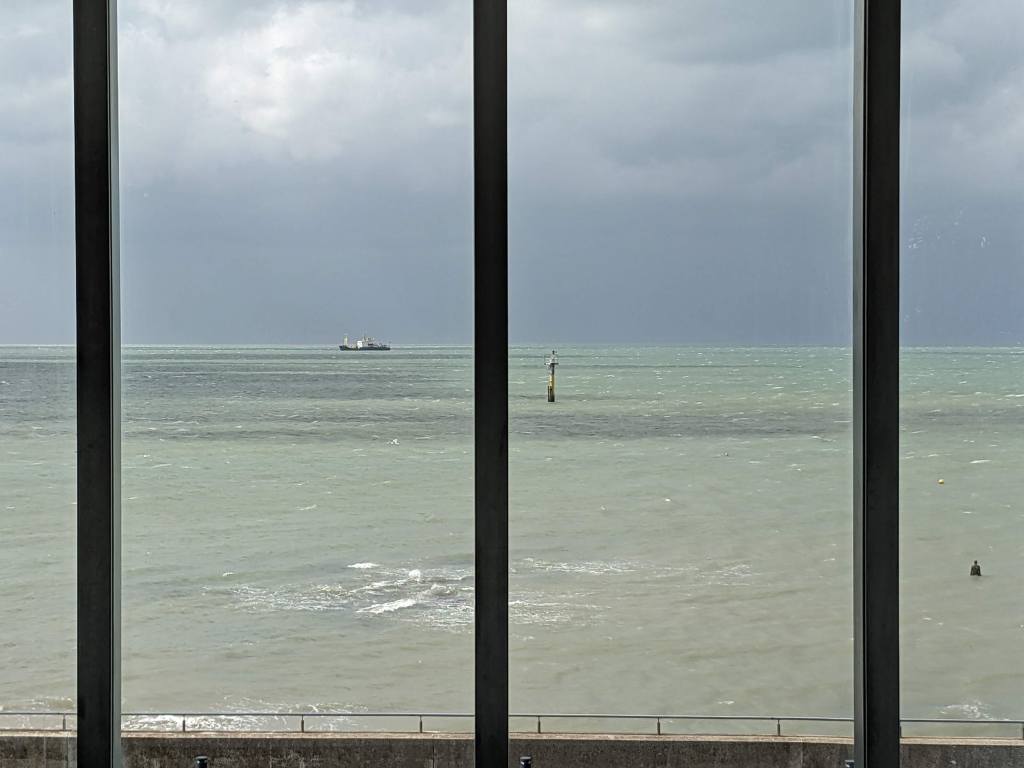I sat back into the wings of the chair and answered the phone.
“Damian?” the caller said.
“Francis,”
“We’ve got another one,”
“When?”
“He isn’t sure yet,”
“Soon?”
“Probably, he’s just got out and I can tell his resolve,”
I sank further, allowing the news to seep over me as a wash of cold air. The roots of the chair seemed to deepen beneath me, anchoring the moment to the floor, to the room, the building. The smoke from the cigarette brought me back. I lifted it from its resting place, a saucer of its deceased friends, and drew on it.
“You’re sure he’s willing?” I said.
“Yes,”
“Tell me about him,”
“Oh he’s beautiful. He’ll suite your more literal style perfectly,”
“You’re too kind. I merely show beauty, you create it,”
I looked at Francis’ painting I’d hung over the fireplace. It elevated the subject beyond mere flesh. An abstract angel of divinity captured and distilled in oil. The vast scale of the canvas drew one’s eye back and forth. When visitors asked about it, I could never find words to do it justice. Francis had an eye I could only dream of. My own work was derivative and bland in comparison.
“Where were you thinking?” I asked.
“I think your studio is a better setting this time. Mine was fine for the last one, the light suited the subject. I think your more intimate space would be appropriate here,”
“Fine,”
“Damian?”
“Yes?”
“Lets not invite any of the others of the club for this one. Let it just be you and I, as it used to be,”
I remained silent. This did sound lovely. The two of us had started our little club a number of years ago. Early on it had just been Francis and me. He’d suggested it in a smoky little dive bar somewhere near Soho, I forget exactly where. The first three had just been us, painting, drinking, laughing. Then I’d suggested opening out the membership to a select few, discretion obviously required. We’d become four, a couple joining us, then incrementally risen to our current number of seven.
“Damian, are you still there?”
“Yes,”
“Well?”
He knew I needed the contributions from the other members. Unlike Francis, my work didn’t sell. Not often anyway. But perhaps I could forego it on this occasion.
“Okay, just you and I,”
“Grand,”
“What’s the method?”
“Oh nothing too messy I don’t think, shouldn’t need help. Won’t require too much cleaning up afterwards I’d imagine,”
“Just the usual then?”
“Yes,”
“Your acquaintance is still okay to retrieve?”
“I’ve checked and he seems to be,”
I always hated this part of the conversation, the practicalities of it all. The joy was in the creation of the work, not how we would prepare for the event itself. I found great pleasure in the anticipation, though that was much like the tobacco smoke, ethereal, drifting, confined by the walls of my emotions.
“What number will this be,” I said, more a private musing than a question.
“Twelve?”
“Hmm,”
“You’d think, what with the world falling apart, more people would be entertaining the idea, but it seems as consistent as ever. What drives them to do it? Desperation never seems to quite amount to the actuality,”
“I don’t know,”
“No,”
“I know it is a release I suppose, for us and them,”
“I can’t think of a more intimate, personal moment to capture,”
“Quite,”
I looked at my own much smaller canvas, not quite hidden in a corner, sandwiched between works by friends from art school. It had been a woman on that occasion. She’d decided that nudity was the best way forward. We’d managed to position a bed under the window in Francis’ studio. I’d managed to capture the peace on her face. She looked as though she was asleep. The light crept up her torso, framing her breasts and throat, casting all else into contrast. One hand draped across her neck, the faint white pressure I’d captured fanning out from the point where her fingers held on for a moment as she may have reconsidered her decision.
“They’re all beautiful in their own way,” Francis said.
“They are. We are privileged to be the ones to capture them,”
I could hear Francis sigh and almost, but not quite, feel the whole movement of his body. The exclusivity of our little club meant that we could only discuss our work amongst one another. This had its difficulties as, by its very nature, our practice inspired deep feelings and a turbulence within oneself. Indeed, we’d had an eighth member.
He’d been a quiet, gentle soul. His impressionistic style had been a joy to behold, capturing essence as opposed to light. Unlike Francis’ work, he’d been more focused on the melancholy of the subjects, a memorial to the moment. The sympathy he’d found had eventually traversed the bridge between selves and in a moment of great generosity, he’d volunteered to pose for us.
“It was a shame about our selfless colleague, in some ways,” I said.
“Indeed, though I can’t help but feel honoured,”
“Where is he?”
“Oh, in the bedroom, hanging above the desk,”
“I can picture it,”
“It did give a rather different feel to those proceedings,”
“It does, when you know a model,”
“Such a divine spirit, that one,”
The eighth had distributed his work amongst us, yet another sign of his truly benevolent being. I’d not found an appropriately alter like spot for any of his works yet, but my image of him hung in my somewhat poor excuse for a dining room. When we had first met he’d been a voracious foodie, so it was fitting.
“Shall we assume your new one will be in the next month or so?”
“I think that would be safe,”
“Excellent, well, call me when you have more news. A Wednesday or a Thursday would suit me best, but I’ll do my best to clear my calendar regardless,”
“Shall do,”
“Oh and Francis?”
“Yes?”
“Lets try and make sure your colleague is ready to pick up promptly this time, they do rather start to smell after a while,”









